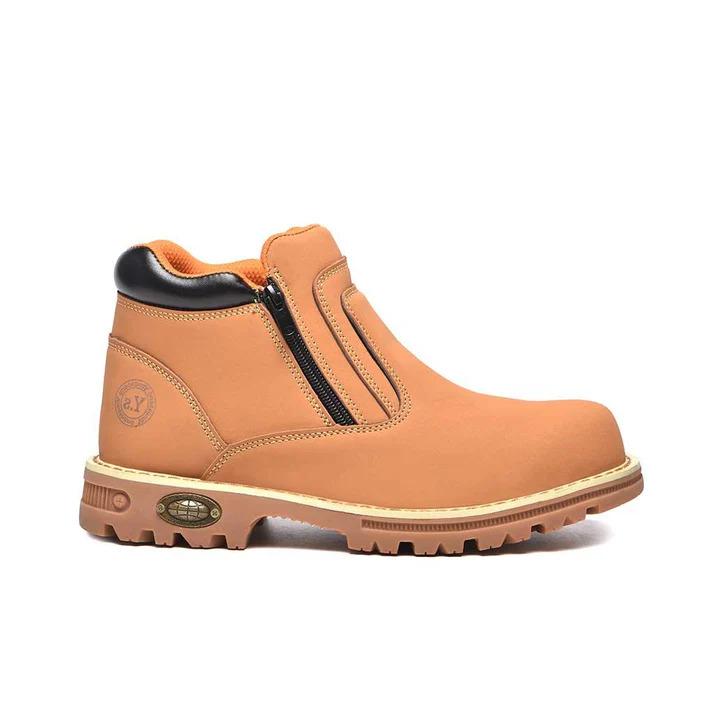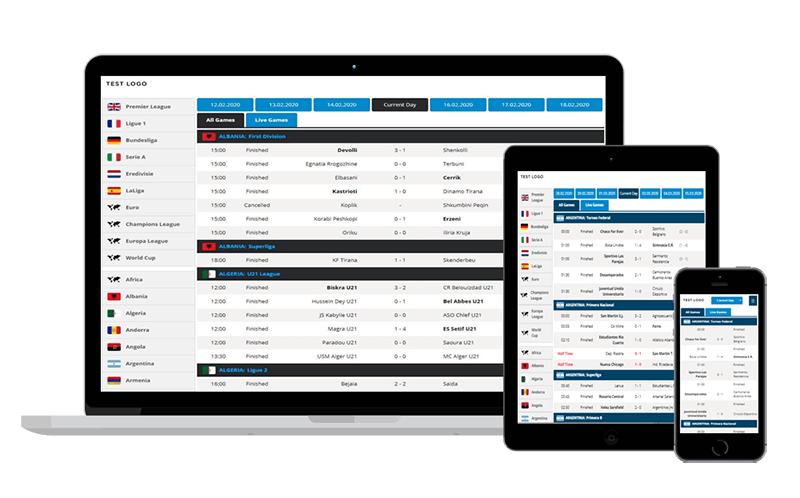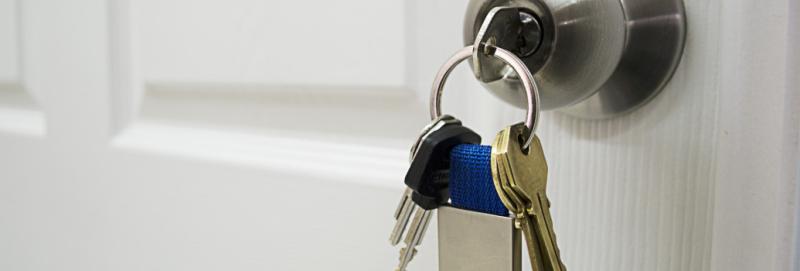Know The Importance of Work Shoes For Regular Work Days

Beyond being worn to some form of corporate policy, work shoes also play the role of safety, comfort, and function footwear in specific occupations. Appropriate work shoes reduce the chances of injury, relieve pain, and hence enhance productivity at the workplace. Below is a detailed breakdown of the importance of comfortable work shoes, emphasizing their role in safety, health, comfort, durability, and job-specific requirements.
1. Enhancing Workplace Safety
There are many risks in every working environment, and safety is, therefore, one of the most significant issues. Wearing the proper shoes can greatly reduce risks, making a workplace safer for workers and preventing mishaps.
Protection from Falling Objects: They can be highly effective in protecting against heavy falling objects and are therefore used in construction, warehousing, and manufacturing companies, among others.
Puncture Resistance: Safety shoes with sole plates protect workers from sharp items in the working environment, such as on a construction site or floor.
Electrical Hazard Protection: Classes of shoes specific to electricians or anyone who works in electrical environments greatly reduce the odds of an electric shock since shoes do not allow electrical current to traverse through the body.
Slip-Resistance: Anti-slip shoes are essential in businesses that involve lots of bare-foot contact with water or oil, like health facilities, restaurants, factories, etc. These shoes decrease the risk of slips and falls; the risk is a common cause of workplace accidents, illness, and fatalities.
2. Health Benefits of Proper Footwear
Inadequate footwear can lead to various health issues affecting the feet and the entire body, including knees, hips, and lower back.
Preventing Foot Fatigue: Standing for prolonged hours in unsupportive shoes can result in foot fatigue, leading to pain in the arches, heels, and balls of the feet. Work shoes with proper arch support and cushioning distribute weight evenly, reducing strain on the feet.
Mitigating Long-Term Conditions: Inappropriate footwear can cause chronic conditions such as plantar fasciitis, Achilles tendonitis, and joint pain. Well-designed work shoes provide adequate arch support, preventing these long-term issues.
Support for Pre-existing Conditions: Orthopedic work shoes benefit employees with pre-existing foot conditions, such as flat feet or high arches. These shoes offer customized support, reducing the likelihood of exacerbating foot problems during long workdays.
Improved Posture: Wearing supportive shoes helps maintain proper foot alignment, which translates into better overall posture. This reduces the risk of developing back pain, especially for workers who stand for long hours.
3. Boosting Comfort and Productivity
Comfortable footwear is essential for maintaining high levels of productivity throughout the day. Shoes that fit well and are designed for comfort help workers focus on their tasks rather than discomfort.
Cushioning and Arch Support: Proper cushioning and arch support reduce foot strain, helping workers stay comfortable during long shifts. Memory foam insoles and ergonomic designs provide all-day comfort for standing or walking jobs.
Shock Absorption: Shoes with shock-absorbing soles lessen the impact on the feet and joints, especially for workers who walk on hard surfaces. This can be beneficial in industrial settings, where workers must stay on their feet for long periods.
Moisture-Wicking Materials: Many work shoes are designed with moisture-wicking materials, preventing the buildup of sweat and bacteria. This feature is essential for workers in hot or humid environments, as it keeps feet dry and comfortable.
Reduced Fatigue: Comfortable shoes reduce foot and leg fatigue, allowing workers to remain alert and energized throughout the day. This is crucial for jobs that demand physical endurance, such as healthcare, hospitality, or retail.
4. Durability: A Cost-Efficient Investment
While high-quality waterproof Chelsea boots may require a more significant initial investment, their durability often translates into long-term cost savings.
Longer Lifespan: Work shoes made from durable materials, such as leather or synthetic fabrics, can withstand the wear and tear of demanding environments. This reduces the need for frequent replacements, making them a cost-effective choice.
Resistance to Environmental Wear: Shoes designed for specific work environments are often made to resist wear from chemicals, oils, water, and other elements. For example, waterproof or water-resistant shoes are essential for outdoor workers or those in industries exposed to wet conditions.
Reduced Downtime Due to Injuries: Durable, protective work shoes help prevent injuries that could lead to missed workdays or costly medical treatments. The reduced risk of injury ensures that workers can continue performing their duties without interruption.
5. Meeting Industry-Specific Requirements
Different industries have unique footwear requirements, and workers must wear shoes that meet these specific needs to ensure safety and compliance with regulations.
Construction and Industrial Work: Steel-toe boots with puncture-resistant soles are often mandatory in the construction and manufacturing sectors. These shoes protect against heavy objects, sharp debris, and electrical hazards.
Healthcare and Food Service: In healthcare or food service industries, shoes must be non-slip to prevent accidents in environments where spills are everyday. Closed-toe shoes protect feet from hot liquids or dropped equipment.
Electrical Work: Electricians and workers exposed to live circuits need shoes that provide insulation and reduce the risk of electric shock. Non-conductive footwear is crucial in these environments.
Cold Weather and Outdoor Work: In colder climates or outdoor jobs, insulated and waterproof boots protect workers from the cold and wet conditions. Insulated work shoes ensure that workers’ feet remain warm, reducing the risk of frostbite or other cold-related injuries.
Slip on work shoes cannot be overstated. From safety and protection against workplace hazards to boosting productivity and job satisfaction, the right pair of shoes plays a vital role in ensuring a successful workday.









Comments